According to PC02, the leaked data contains a lot of important information such as full name, ID card/CCCD number, bank account... This is a large data source that can be exploited by cybercriminals, creating more sophisticated scams.
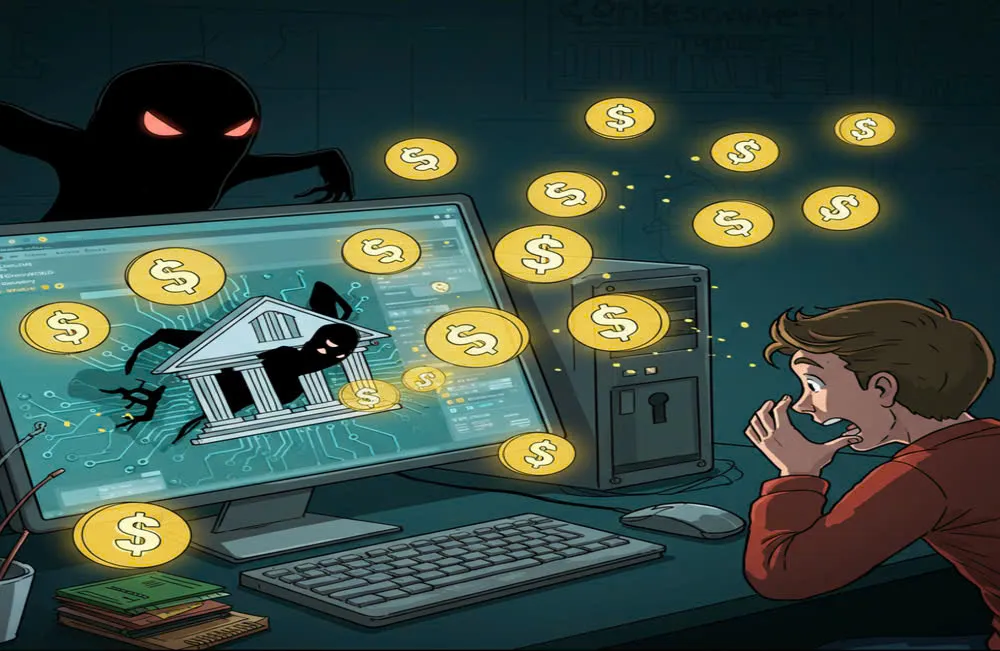
Possible tricks to increase:
- Impersonating bank employees, CIC officers or government agencies to call, text, or email to notify of “bad debt” or “verify information” in order to lure victims into providing passwords and OTP codes.
- Selling "debt cancellation, card limit increase" services aimed at students and workers in urgent need of loans.
- Impersonate relatives or agency leaders to request urgent money transfers.
- Legal threats , claiming to be police, prosecutors, or court officials, accusing them of being involved in a “money laundering case”, then asking the victim to transfer money to a “safe account”.
- Spreading SMS, email, Zalo messages containing malicious links to steal more personal data.
Groups that are vulnerable to being targeted include: students (easily deceived by student loans and part-time jobs), workers and civil servants (often receiving fake news about bad debts and credit), and older people who are less tech-savvy (easily believing calls impersonating banks and police).
PC02 recommends people:
- Never give your password or OTP code to anyone via phone, text message, or email.
- Do not click on strange links , only use the bank's official website and application.
- When receiving unusual information, contact directly via hotline or go to the bank headquarters or police for verification.
- Students and workers do not believe in advertisements for "CIC debt cancellation" and "fast loans with 0% interest rate" .
- Families need to regularly remind and instruct the elderly on how to recognize fraud.
PC02 emphasized: after the largest data leak ever, cybercriminals have many conditions to commit fraud because they hold real information of people. Therefore, everyone needs to be more vigilant, update recommendations from police agencies, banks and mainstream media to protect assets.
Previously, the National Credit Information Center (CIC) - a unit under the State Bank - confirmed that a cyber attack with signs of illegal intrusion to steal personal data had occurred, discovered on September 10.
Immediately after the incident, CIC coordinated with the Vietnam Cyber Emergency Response Center (VNCERT) and information security companies to deploy technical measures, isolate the risk area and collect evidence. The amount of leaked data has not been announced, but information about the sale of CIC data has appeared on some foreign forums.
CIC confirmed that the system is still operating normally and without interruption. Authorities also warned that exploiting, buying, selling or sharing leaked personal data is illegal and will be severely punished.
This is considered an especially serious incident, posing an urgent requirement for management agencies to strengthen coordination, improve defense capacity, and protect the safety of the national credit data system.
Source: https://www.sggp.org.vn/cong-an-tphcm-canh-bao-chieu-tro-lua-dao-moi-sau-vu-ro-ri-du-lieu-tai-cic-post812766.html



![[Photo] Launching Ceremony of the Specialized Electronic Information Page of the Communist Party of Vietnam - 14th Congress](https://vphoto.vietnam.vn/thumb/1200x675/vietnam/resource/IMAGE/2025/9/12/4c1b894be2ea4e3daccfd8c038b6fb46)


![[Photo] Thac Ba Lake: Towards an international-class tourism, resort and cultural center by 2040](https://vphoto.vietnam.vn/thumb/1200x675/vietnam/resource/IMAGE/2025/9/12/0940443efe0a427b88707caadba1cc41)

![[Photo] General Secretary To Lam attends the launching ceremony of the website of the Communist Party of Vietnam - 14th National Congress](https://vphoto.vietnam.vn/thumb/1200x675/vietnam/resource/IMAGE/2025/9/12/0d4fce7dbce2409cb3c03c21fdf3c3b5)








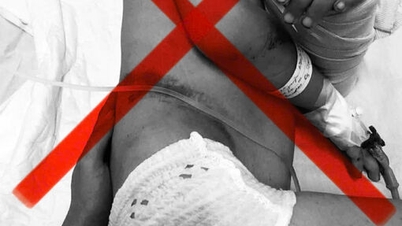

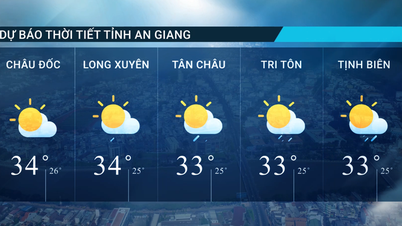

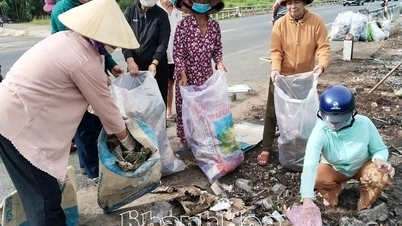
















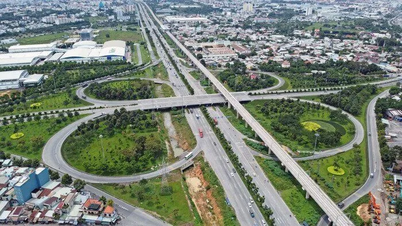

![[Photo] Where the history of resistance comes alive with modern technology at "95 years of the Party Flag lighting the way"](https://vphoto.vietnam.vn/thumb/1200x675/vietnam/resource/IMAGE/2025/9/12/81c1276f52b849c8b16e2d01dd1c85e4)






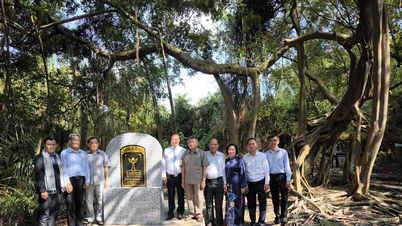




























































Comment (0)